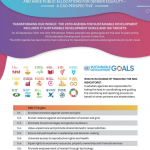
The data presented was gathered were according to the Inter-agency Expert Group on SDGs Methodological Note on indicator 5.c.1 which measures three criteria: (1) Existence of policies/programs and corresponding
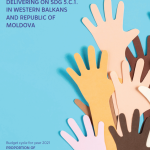
Budget Cycle for Year 2021 Proportion of Countries with Systems to Track And Make Public Allocations For Gender Equality a CSO Perspective The data gathered were according to the Inter-agency Expert Group on SDGs Methodological Note on indicator 5.c.1 measuring three criteria: (1) Existence of policies/programs and corresponding allocations for gender equality and women’s empowerment; (2) Systems to track allocations for gender equality; and (3) Mechanisms to make allocations for gender equality publicly available. Each criterion is assessed by a set of binary questions (yes or no; 1 or 0). The scoring according to the methodology for the indicator is structured as a ‘scale’ measure by classifying economies into one of three categories: ‘fully meets requirements’, ‘approaches requirements’, and ‘does not meet requirements.’
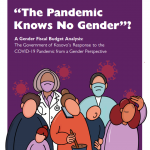

Gender was not systemically streamlined in the design of Covid-19 response, either in policies/measures or in the budget, and the least of all, in public procurement. For the most part, there were no consultations with NGOs, thus resulting in the measures not truly reflecting the real situation, the way of life and already identified gender inequalities, nor helping to overcome the latter. Out of 46 analyzed measures, only two were gender-transformative, and only nine were gender-positive measures.
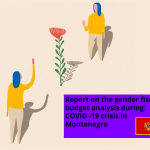
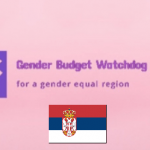
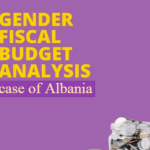
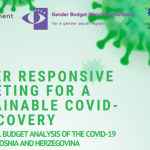
CPCD has undertaken the Gender Responsive Budgeting for a Sustainable COVID-19 Recovery to examine BiH’s COVID-19 budget and fiscal response from a gender perspective. This analysis follows the methodology of the PEFA Framework , and also the GR PEFA Framework, that is a framework for analysis of the information on the use of the PFM tools to promote gender equality and women’s empowerments across the cycle – from budget policy planning, to allocation, implementation, and monitoring and evaluation.
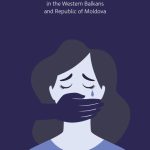
This policy brief is related to funding of SOS helplines, one of specialized services for combating gender-based violence. The states are obliged to provide these, and other services and to implement other measures in order to ensure protection of women from gender-based violence. So, what are the current state of affairs in Western Balkans governments and Republic of Moldova?
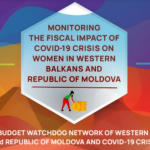
This knowledge report is created under the project GENDER BUDGET WATCHDOG NETWORK OF WESTERN BALKANS and REPUBLIC OF MOLDOVA. The report focuses on Timeliness of response to COVID-19 in Western Balkans and Moldova; Gender responsiveness of response to COVID-19 in Western Balkans and Moldova; Participation of women and women’s organizations in development of COVID-19 response measures in Western Balkans and Moldova; and Accountability to gender equality in implementation of COVID-19 response measures.